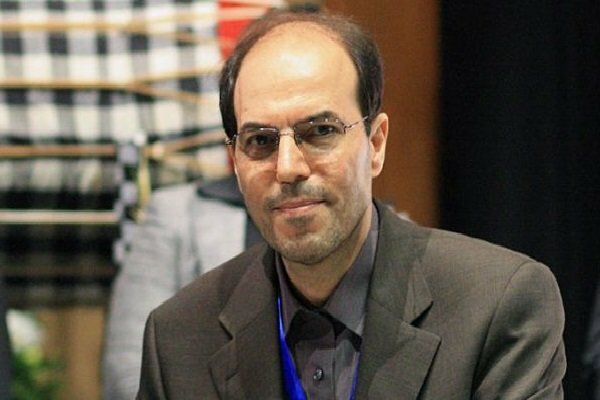IAEA should see all aspect and be unbiased: Iranian diplomat

TEHRAN - Iranian Deputy Foreign Minister Gholam-Hossein Dehghani has said that the International Atomic Energy Agency (IAEA) should be unbiased and see all aspects.
“In the current situation, the Agency [the IAEA] is duty bound to see all the aspects and prepare reports unbiasedly,” he said during a meeting with Yukiya Amano, head of the UN nuclear watchdog.
Dehghani also said Iran attaches great importance to practical actions by the remaining signatories to the 2015 nuclear deal to preserve the pact, officially known as the Joint Comprehensive Plan of Action (JCPOA).
Amano said that the JCPOA is a great achievement for verification.
In an introductory statement to the IAEA board of governors on Monday, Amano said he is worried about increasing tensions over the Iranian nuclear issue.
“I am worried about increasing tensions over the Iranian nuclear issue. As I have constantly emphasized, the nuclear-related commitments entered into by Iran under the JCPOA represent a significant gain for nuclear verification. I therefore hope that ways can be found to reduce current tensions through dialogue. It is essential that Iran fully implements its nuclear-related commitments under the JCPOA,” he said.
Amano said, “On May 8th, Iran’s Supreme National Security Council announced that it had ‘issued an order to stop some of Iran’s measures under the JCPOA from today’.”
“The Agency continues to verify the non-diversion of nuclear material declared by Iran under its Safeguards Agreement. Evaluations regarding the absence of undeclared nuclear material and activities in Iran continue,” he stated.
On May 31, Amano reaffirmed Iran’s compliance with the JCPOA.
On May 8, Iran announced a partial withdrawal from some aspects of the pact, saying that the country would no longer adhere to some of the limits on its nuclear activities. It also threatened to step up uranium enrichment if an agreement is not made within 60 days to shield it from the sanctions’ effects.
Under the JCPOA, Iran agreed to put caps on its nuclear work in exchange for termination of economic and financial sanctions. However, Trump unilaterally pulled Washington out of the nuclear deal in May 2018 and ordered reimposition of sanctions against Iran. The first round of sanctions went into force on August 6 and the second round, which targets Iran’s oil exports and banks, were snapped back on November 4.
Also, on April 22 the U.S. announced that Washington has decided not to extend waivers allowing major importers to continue buying oil from Iran. The waivers ended on May 2.
NA/PA
